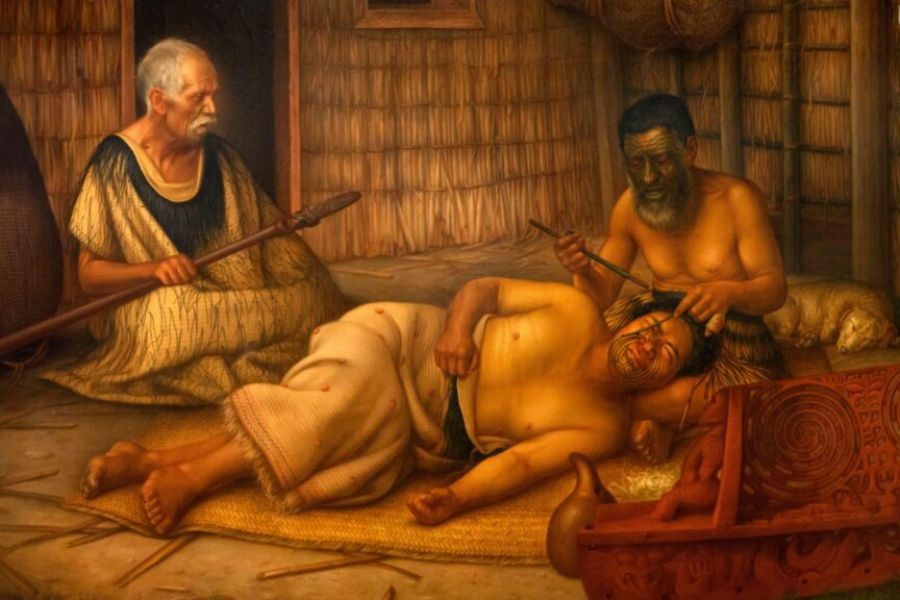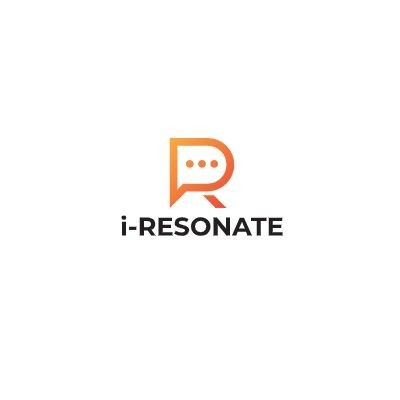New Zealand, known for its rich cultural tapestry, presents a unique arena where the spiritual beliefs of the Māori intersect with Christianity. This dynamic interplay shapes not only the spiritual landscape but also impacts various societal dimensions such as cultural identity, social cohesion, and even economic endeavors. As an innovation consultant, understanding these influences can provide insights into how businesses and communities can harness cultural diversity for innovation and growth.
The Spiritual Landscape in New Zealand
New Zealand's spiritual landscape is marked by a significant presence of both Māori spirituality and Christianity. According to the 2018 census by Stats NZ, Christianity remains the most common religion, with 37% of the population identifying as Christians. Meanwhile, Māori spirituality, which is deeply rooted in the natural world and ancestral connections, is increasingly recognized, especially among the younger generations. This duality offers a fertile ground for exploring how these spiritual traditions coexist and influence societal dynamics.
Comparative Analysis: Māori Spirituality vs. Christianity
The Core Beliefs and Practices
- Māori Spirituality: Central to Māori spirituality is the concept of whakapapa (genealogy) and the connection to the land (whenua). Practices such as karakia (prayers) and tangihanga (mourning rituals) emphasize community and continuity with the ancestors.
- Christianity: Christianity in New Zealand follows the global doctrines of salvation, grace, and the afterlife. It is practiced through church services, sacraments, and community outreach programs.
While Māori spirituality emphasizes a holistic connection with nature and the ancestors, Christianity often focuses on salvation and personal faith. However, both traditions share values of community and moral responsibility, providing a common ground for collaboration and mutual respect.
Impact on New Zealand's Society and Economy
The influence of these spiritual beliefs extends beyond personal faith into societal norms and economic activities. For instance, the Māori economy, valued at approximately NZD 50 billion by Te Puni Kōkiri, integrates spiritual values into business practices. This includes sustainability initiatives that align with Māori principles of kaitiakitanga (guardianship) over resources.
Conversely, Christianity has historically shaped New Zealand's education and healthcare systems, providing a foundation for social services and charitable organizations. Understanding these influences can help businesses develop culturally sensitive strategies that resonate with diverse consumer bases.
Real-World Case Studies
Case Study: Te Whare Wānanga o Awanuiārangi – Integrating Māori Spirituality in Education
Problem: Te Whare Wānanga o Awanuiārangi, an institution of higher learning, encountered challenges in engaging Māori students who felt disconnected from conventional educational models.
Action: The institution integrated Māori spiritual values into its curriculum, emphasizing the importance of whakapapa and tikanga (customs) in academic pursuits.
Result: Enrollment and retention rates among Māori students increased by 35% over three years, showcasing the effectiveness of culturally relevant education.
Takeaway: This case study illustrates the potential for businesses and institutions to enhance engagement by incorporating cultural values into their operations.
Case Study: Ngāi Tahu Holdings – Māori Values in Corporate Strategy
Problem: Ngāi Tahu Holdings, a leading Māori-owned enterprise, sought to align its business practices with traditional values while achieving economic growth.
Action: The company implemented a strategy based on kaitiakitanga, ensuring sustainable management of natural resources and community engagement.
Result: In five years, Ngāi Tahu Holdings reported a 50% increase in profits while maintaining a strong commitment to environmental stewardship.
Takeaway: Businesses can thrive by integrating indigenous values into corporate strategies, promoting both economic success and cultural preservation.
Common Myths & Mistakes
Myth vs. Reality
- Myth: Māori spirituality is incompatible with modern business practices. Reality: Māori enterprises like Ngāi Tahu Holdings demonstrate how traditional values can drive sustainable growth.
- Myth: Christianity is declining in New Zealand. Reality: While secularism is rising, Christian organizations continue to play a crucial role in social services and community building.
- Myth: Spiritual beliefs have minimal impact on the economy. Reality: The Māori economy's significant contribution highlights the economic power of spiritual values.
Pros and Cons Analysis
Pros:
- Cultural Cohesion: The coexistence of Māori spirituality and Christianity fosters a rich cultural diversity, promoting social harmony.
- Innovation Potential: Integrating diverse spiritual perspectives can lead to innovative business models and sustainability practices.
- Economic Impact: Spiritual values drive significant economic contributions, particularly in the Māori economy.
Cons:
- Cultural Tensions: Differences in spiritual beliefs can lead to misunderstandings and conflict if not managed with sensitivity.
- Complex Integration: Balancing traditional values with modern business practices can be challenging.
- Risk of Tokenism: Superficial incorporation of spiritual values can lead to inauthentic practices and backlash.
Future Trends & Predictions
Looking ahead, the integration of Māori spirituality and Christianity will likely continue to shape New Zealand's cultural and economic landscape. According to a report by NZTech, the emphasis on sustainable practices driven by Māori values is projected to increase, influencing industries such as tourism, agriculture, and energy. As businesses and communities embrace these values, New Zealand could become a global leader in culturally-driven innovation.
Conclusion
Understanding the interplay between Māori spirituality and Christianity in New Zealand offers valuable insights into how cultural diversity can drive innovation and societal growth. As businesses and communities navigate this complex landscape, embracing spiritual values can lead to sustainable practices and economic success. What steps will you take to integrate cultural perspectives into your strategic planning? Share your thoughts and experiences below!
People Also Ask
- How does Māori spirituality benefit New Zealand businesses? Māori spirituality encourages sustainable practices and community engagement, leading to long-term economic benefits, as seen in enterprises like Ngāi Tahu Holdings.
- What are the key differences between Māori spirituality and Christianity? Māori spirituality focuses on ancestral connections and nature, while Christianity emphasizes salvation and personal faith, both fostering community values.
- How can businesses integrate spiritual values? Businesses can integrate spiritual values by aligning their strategies with cultural principles, promoting sustainability, and engaging with local communities.
Related Search Queries
- Māori spirituality vs. Christianity
- Impact of Māori values on NZ economy
- Christianity in New Zealand today
- Sustainable business practices NZ
- Cultural diversity in New Zealand
- Māori businesses and sustainability
- Religious influences on NZ society
- Integrating cultural values in business
- Future of spirituality in New Zealand
- Examples of Māori enterprise success




























CaitlynBuc
9 months ago